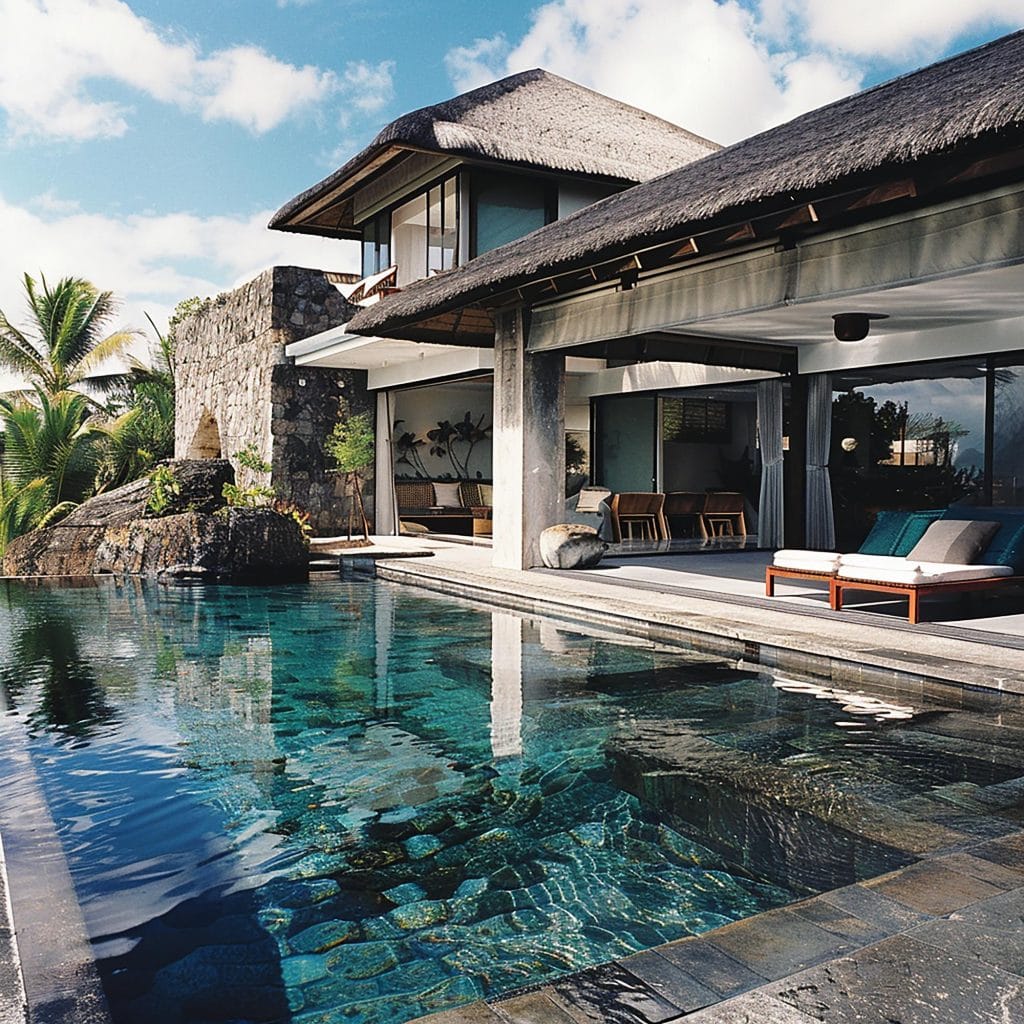Frequently Asked Questions About Property Management in Phuket
FAQ's
Everything You Need to Know About Our Property Management Services
We understand that entrusting your Phuket property to a management company is a big decision. This FAQ section answers the most common questions we receive about our villa and condo management services, pricing, owner stays, guest management, and financial reporting. Explore below to gain clarity and confidence as you take the next step toward stress-free, profitable property ownership in Phuket.
What is included in your Phuket property management service?yer or due-diligence check?
Our property management services in Phuket typically include guest communication, bookings, cleaning, laundry, bill payments, maintenance coordination, monthly reports, and emergency handling. We offer custom plans based on your needs.
Do you help with listing my property on Airbnb or Booking.com?
Yes. If you choose our short-term rental management in Phuket, we create and manage listings on Airbnb, Booking.com, Agoda, and other platforms. We handle the entire process from setup to calendar sync and guest reviews.
Can I switch from short-term to long-term rentals during low season?
Absolutely. Many owners adjust strategy depending on season. We offer flexible rental management in Phuket so you can shift between short and long-term rentals for better occupancy and revenue.
Do you collect and refund guest damage deposits?
Yes. We collect a security deposit for each guest and conduct an inspection before refunding. If there’s damage, we document it and deduct accordingly. This protects your property and gives guests accountability.
What happens if a guest damages my property?
We handle everything from documenting the damage, speaking with the guest, and managing repairs. If covered by a deposit or platform guarantee (like Airbnb’s AirCover), we will submit the claim on your behalf.
Do I need a license to rent out my villa in Phuket?
For short-term rentals, Thai law requires registration with local authorities and a hotel license or condo license in some cases.
Can you help me furnish or renovate my property?
Yes. We help owners with furniture selection, decoration, repairs, or full villa renovations in Phuket. We have a network of trusted local suppliers and contractors.
Do you handle pool and garden maintenance?
We coordinate with reliable local providers to handle swimming pool service, landscaping, and pest control. All costs are tracked and included in your monthly report.
How are guests or tenants screened?
For long-term rentals, we screen tenants carefully before signing any lease. For short-term guests, we check profiles, reviews, and require ID verification. House rules are clearly shared and enforced.
How often do you inspect the property?
We conduct regular inspections to check for damage, maintenance needs, or anything out of order. For long-term tenants, we do scheduled visits with notice.
Do you provide monthly financial reporting?
Yes. Each month, you receive a detailed financial report showing income, expenses, guest activity, and net profit.
How can I start working with you?
Just reach out through our contact form or WhatsApp. We’ll schedule a free property visit, explain our Phuket rental management service in detail, and offer a custom proposal.

Ready to Maximize Your Phuket Property’s Potential?
Take the next step toward effortless, profitable property ownership with our expert villa and condo management services in Phuket. Let us handle the details so you can enjoy peace of mind and consistent rental income.

